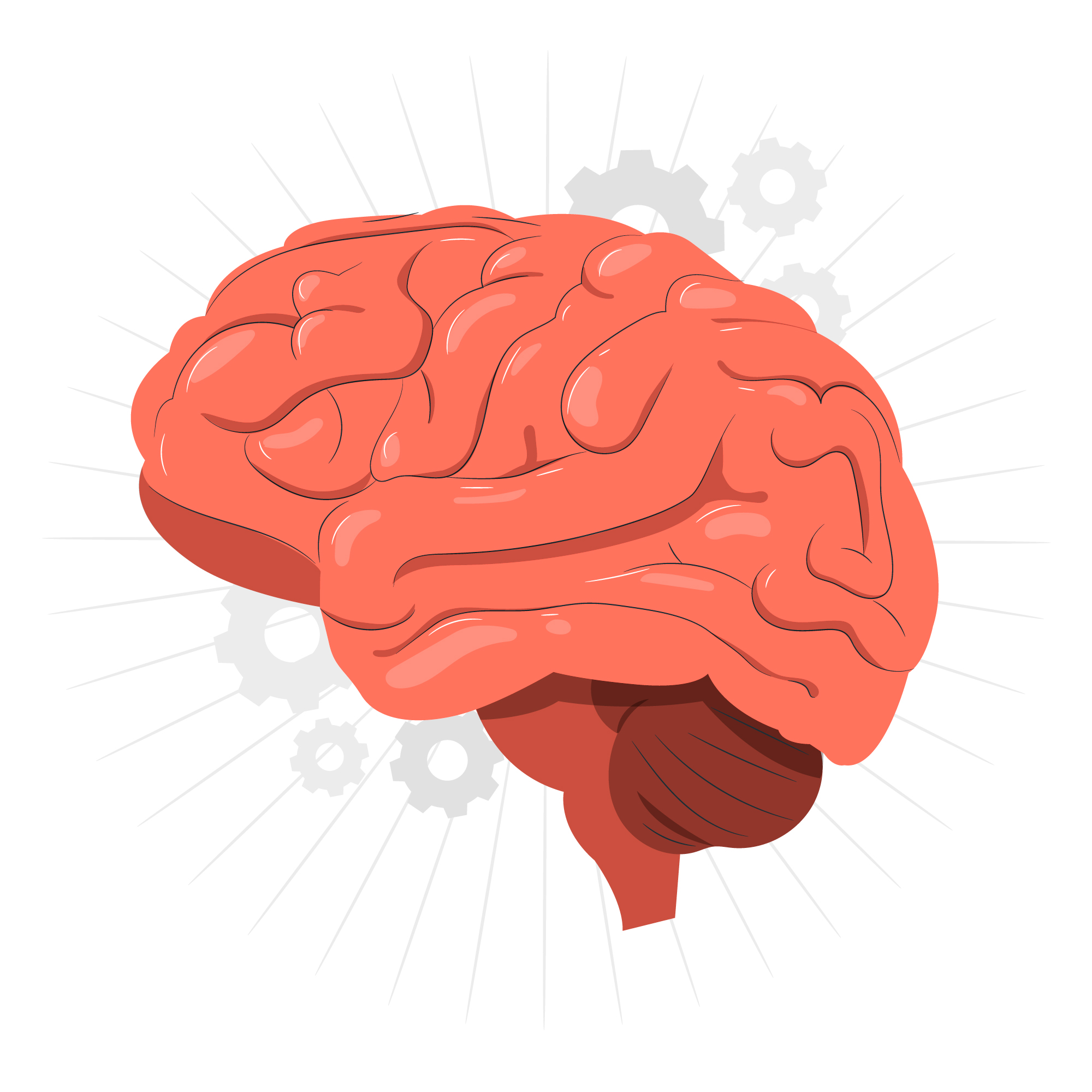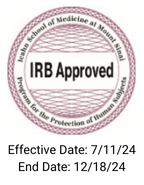Post-Stroke Aphasia Research Study
Researchers at Mount Sinai Hospital are investigating non-invasive brain stimulation combined with speech therapy as a potential treatment for post-stroke aphasia.

Fast Facts

Ages 18-80

Post-Stroke Aphasia

Compensation Provided

Conducted in NYC
Study Background
Mount Sinai Hospital is conducting a study on neurostimulation for the possible treatment of post-stroke aphasia.
Speech and language therapy for aphasia can be a long and challenging process, especially since there are no FDA-approved devices or medications to improve it. One promising approach to enhance therapy outcomes is transcranial alternating current stimulation (tACS), a non-invasive and safe technique used to stimulate the brain. tACS works by sending gentle electrical currents through the scalp to support brain activity. Combining tACS with speech-language tasks can potentially lead to better outcomes after therapy.
Participants will complete ten therapy sessions and a few additional visits. There is a drop-down at the bottom that says “What will happen if I participate in the study” where we provide more detailed information.
Findings from this study will determine whether speech-language therapy combined with tACS improves speech-language skills.
Join our compensated study today!

Study Background
Mount Sinai Hospital is conducting a study on neurostimulation for the possible treatment of post-stroke aphasia.

Speech and language aphasia therapy can be a long and challenging process, especially since there are no FDA-approved devices or medications to improve it. One promising approach to enhance therapy outcomes is transcranial alternating current stimulation (tACS), a non-invasive and safe technique used to stimulate the brain. tACS works by sending gentle electrical currents through the scalp to support brain activity. Combining tACS with speech-language tasks can potentially lead to better outcomes after therapy.
Participants will complete ten therapy sessions and a few additional visits. There is a drop down at the bottom that says “what will happen if i participate in the study” where we provide more detailed information.
Findings from this study will determine whether speech-language therapy combined with tACS improves speech-language skills.
Join our compensated study today!

Additional Information
The purpose of the study is to investigate whether speech-language therapy combined with tACS improves speech and language skills.
Once enrolled, this study involves:
- Week 1:
- Completing two baseline evaluations (1.5 hours each)
- Week 2:
- Attending diagnostic visits (1-3 hours) to assess neurological status and linguistic/cognitive skills, including a functional MRI
- Week 3 & 4:
- Ten therapy sessions (1 hour each, over two weeks)
- Computerized speech-language therapy (Therapy Task) and breathing exercises combined with brain stimulation (real or sham tACS) using the Neuro Device tCS that consists of electrodes worn on the head in a flexible cap and on the arm
- Weak electrical current is introduced to the brain through the scalp to support plasticity, which is a key mechanism of learning that may be interrupted after stroke.
- Ten therapy sessions (1 hour each, over two weeks)
- Additional:
- Two follow-up evaluations
Travel reimbursement expenses up to $400.
There is no cost for you to participate in our research study.
Please find the contact information for the Icahn School of Medicine at Mount Sinai IRB below:
- Address: Program for the Protection of Human Subjects, 150 E. 42nd St., 10th Floor, Ste. 10B, New York, NY 10017
- Phone Number: 212-824-8200
- Email Address: irb@mssm.edu
The contact information for Aidan Rogers, the Clinical Research Coordinator, can be found on the Thank You page after submitting the online screening form to check your eligibility for the research study. Below is the study information:
- Location: 5 East 98th St. SB-Room 18, New York, NY, 10029
- Investigator: Dr. Miguel Escalon
- Study Number: STUDY-21-01577
